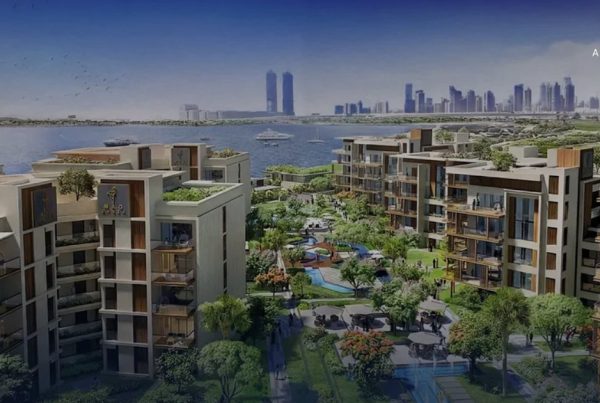UAE Rental Reforms 2025: What Landlords and Tenants Need to Know
The UAE property market is evolving rapidly, with 2025 bringing significant regulatory reforms that reshape rental agreements, landlord–tenant obligations, and service-charge management. From Dubai’s Smart Rental Index to Abu Dhabi’s rent caps and Sharjah’s three-year freeze on increases, these changes aim to create a more balanced, transparent, and tenant-friendly housing market.
Dubai: Smart Rental Index
In line with Law No. 26 of 2007 on regulating the relationship between landlords and tenants, the Dubai Land Department (DLD) launched the Smart Rental Index in 2025. Unlike the older model of annual updates, the new index relies on live Ejari data to calculate rent brackets, ensuring real-time adjustments. This means all renewals in 2025 are subject to dynamic, market-driven rent ranges.
Two key rules remain in place:
- 90-Day Notice Rule: Landlords must notify tenants of any rent or lease changes at least 90 days before contract expiry, unless otherwise agreed.
- 12-Month Eviction Notice Rule: Evictions for personal use, sale, or renovations require a one-year notice served via notary public or registered mail.
Additionally, the 2023 DLD Circular mandates that all co-occupants residing for one month or more be registered in Ejari/REST. Non-compliance may result in penalties or renewal complications. These safeguards ensure landlords adhere to proper timelines while protecting tenants from sudden rent hikes or evictions.
Abu Dhabi: Rent Caps and Index-Based Renewals
Abu Dhabi has reinstated the 5% cap on annual rent increases. Upon renewal, rent cannot exceed both the statutory cap and the Department of Municipalities and Transport’s (DMT) rent index. This provides tenants with predictable increases while allowing landlords to adjust rents within regulated limits.
In the Abu Dhabi Global Market (ADGM), the Real Property Regulations 2024 consolidate leasing, registration, and enforcement rules under a common-law framework. This has a direct impact on developers and landlords managing towers and properties within Al Maryah Island and other ADGM-licensed zones.
Dubai: Service Charges and Community Management
Under Law No. 6 of 2019, all service charges for jointly owned properties must be approved by RERA and deposited into dedicated accounts, ensuring transparency. The funds can only be used for common-area management, preventing misuse for unrelated expenses.
In 2025, DLD launched Tayseer, a platform that enables owners to pay service charge arrears in installments. By reducing reliance on litigation, Tayseer provides developers and homeowners with a structured way to manage arrears while maintaining financial discipline across communities in Dubai Hills Estate, Dubai Marina, and Business Bay.
Sharjah: Three-Year Freeze on Rent Increases
The Sharjah Law No. 5 of 2024 introduces a three-year freeze on rent increases from the commencement of a lease. Even if tenants agree to an increase earlier, rents cannot be raised again until two years have passed. Evictions are permitted only for owner occupation, demolition, or substantial renovation, and landlords must secure the necessary approvals before proceeding.
Implications for Developers and Landlords
These reforms collectively shift the market toward greater tenant protection and transparency. Landlords must carefully plan rent renewals, respect statutory notice periods, and manage service charges in compliance with RERA-approved guidelines. Developers like Emaar, Damac, and Sobha Realty will also benefit from clearer frameworks that enhance investor confidence and reduce disputes.
Conclusion
The 2025 rental reforms underscore the UAE’s commitment to balancing landlord rights with tenant protections. In Dubai, the Smart Rental Index aligns rents with live market data, while Abu Dhabi’s 5% cap ensures affordability and Sharjah’s freeze provides stability. With tools like Tayseer and stricter Ejari requirements, the system is becoming more transparent and efficient, giving both landlords and tenants greater clarity in long-term housing and investment decisions.










